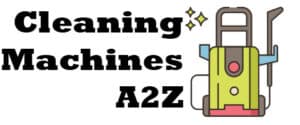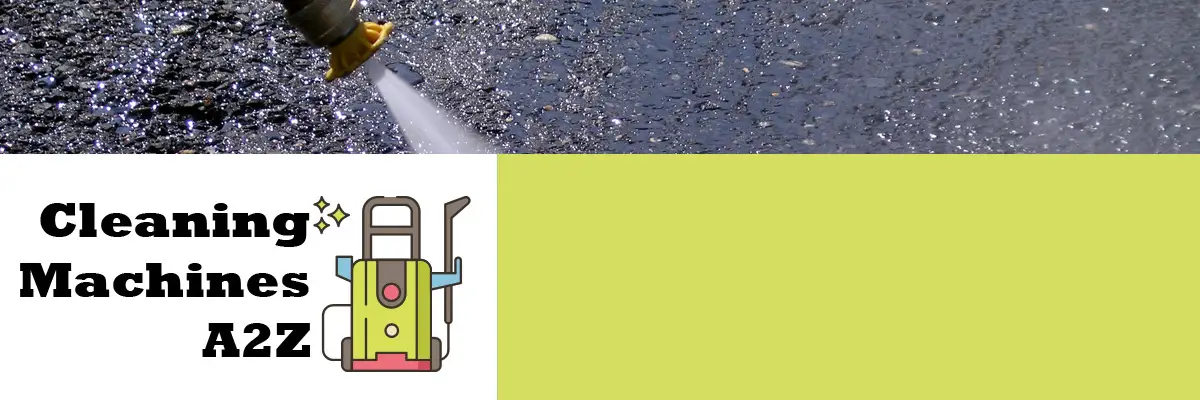Are you looking to learn more about hot water pressure washers and whether they are the right choice for your cleaning needs? Hot water pressure washers offer unique benefits, but they also come with some drawbacks to consider. Understanding the pros and cons of hot water pressure washers can help you make an informed decision when it comes to cleaning applications.
Hot water pressure washers are known for their ability to effectively remove grease, oil, and stubborn grime thanks to the power of heated water. However, the higher cost, safety concerns, and maintenance requirements are important factors to consider. In this article, we will delve into the benefits and drawbacks of hot water pressure washers, as well as compare them to cold water pressure washers, to help you determine the best option for your specific cleaning requirements.
Benefits of Hot Water Pressure Washers
Hot water pressure washers are prized for their robust cleaning capabilities, particularly against stubborn dirt like grease and oil. Unlike their cold-water counterparts, these hot-water units utilize heat, which, along with high pressure and cleaning agents, dissolves tough grime swiftly and efficiently. This makes them essential in industries where sanitation is a must, such as in healthcare, food service, and automotive sectors.
These washers reach high temperatures that can turn water into steam, providing an extra level of cleaning and the ability to sanitize surfaces — perfect for areas that demand the utmost cleanliness. Furthermore, in colder environments, the hot water prevents the freezing of water lines, a common issue with cold water washers.
Manufacturers offer a wide range of hot water pressure washers to fit various needs. Some popular series include:
- Tempest: Versatile for general cleaning tasks
- Big Blast: High water volume for heavy-duty cleaning
- Fury: Compact for mobility without sacrificing power
- Super Fury: Top-of-the-line for the most challenging conditions
Choosing the right hot water pressure washer can lead to more effective cleaning processes, reducing both cleaning times and effort, especially when dealing with dirty surfaces impervious to cold water models.
Drawbacks of Hot Water Pressure Washers
When considering the purchase of a hot water pressure washer, it’s important to acknowledge certain drawbacks that may affect your decision. While hot water pressure washers can be incredibly effective at cleaning, they come with their own set of challenges that potential buyers should be aware of.
Higher Cost
One significant deterrent is the higher cost associated with hot water models. Starting at around $1,000, these hot water pressure washers are a larger investment compared to their cold water counterparts. This initial price tag is not the only financial consideration; the operating costs can also be higher, as heating water consumes more energy. Although a hot water pressure washer can save on detergent costs over time, the upfront expense may be too steep for those who don’t require high-frequency cleaning or are working with a tight budget. For occasional use, renting a hot water pressure washer might be a more cost-effective option.
Safety Concerns
Using a hot water pressure washer isn’t without risk. The combination of high pressure and heated water can pose safety concerns, with an inherent risk of physical injury if used improperly. While the heated pressure washer may operate at lower pressures due to the effectiveness of hot water, accidents can still happen, leading to potential burns or other injuries. Additionally, there are environmental safety considerations. The hot water may adversely affect certain surfaces like wood siding or delicate landscaping and might require additional precautions to avoid damage.
Maintenance Requirements
Moreover, maintenance is more intensive for these hot water units. Hot water pressure washers contain additional components, such as a hot water heater or tank, which require regular upkeep like oil changes, air filter replacements, and checks to ensure the heating coil is functioning well. These extra maintenance procedures can be complex and time-consuming, adding to the long-term cost and operational demands. After each use, a thorough cleaning is advised to prevent any buildup that can harm the washer’s internal mechanisms, making it crucial for owners to invest time in preserving their machine’s performance and lifespan.
For the DIY enthusiast or infrequent user, balancing the benefits of a hot water pressure washer against these drawbacks is critical. While professionals in industries battling tough grime on a daily basis may find the investment justifiable, others might deem the extra cost, safety risks, and maintenance requirements less appealing.
Comparison to Cold Water Pressure Washers
When evaluating the merits of hot water pressure washers vs. cold water pressure washers, it’s clear that each type of machine has its own strengths suited to different cleaning challenges. Cold water pressure washers are adept at clearing away everyday deposits of dirt, scale, and mud without the high temperatures. These cold water models, often more affordable and simpler in design, can readily tackle many outdoor cleaning tasks effectively.
Hot water pressure washers, on the other hand, provide a more robust cleaning solution with water temperatures that can soar to up to 200 degrees Fahrenheit. This heat advantage allows hot water units to successfully address oil, grease, and other stubborn substances that cold pressure washers might struggle to remove. While both types can manage a wide range of cleaning scenarios, heated water pressure washers offer enhanced cleaning power for particularly tough dirt and stains.
Cleaning Process
The cleaning efficacy of hot water pressure washers is significantly heightened by the utilization of heated water which elevates the temperature to facilitate the breakdown of oily and greasy residues. As such, the hot water accelerates chemical processes, doubling the reaction speed with every 50°F increase in temperature. In practical terms, this enhanced cleaning process means that hot pressure washers can reduce cleaning times by up to 35% compared to cold water alternatives. Furthermore, hot water machines can reach sterilization-level temperatures for optimal hygiene, ideal for sanitizing spaces and surfaces.
Water Volume and Flow Rates
The effectiveness of pressure washing is not solely determined by water temperature. Water volume and flow rates, measured in gallons per minute (gpm), are critical in understanding a pressure washer’s ability to cover larger areas quickly. A higher gpm results in more water making contact with the surface, speeding up the cleaning task. When combined with detergents, high flow rates help to evenly distribute cleaning agents for an even and thorough cleanse. With hot water pressure washers generally offering higher flow rates than cold water pressure washers, they ensure a more effective and swift cleaning experience.
Surface Tension and Cleaning Efficiency
Hot water pressure washers excel at breaking down the surface tension of water due to the heat they generate. This capability enables water to penetrate greasy and grimy layers at a molecular level, providing a superior clean. With an increase of 50°F in water temperature, chemical reactions speed up, which is highly beneficial for dislodging tough soot, oil, and grease. Moreover, the capability of reaching steam temperatures up to 311°F allows these machines to loosen stubborn dirt without relying on chemical additives. The combined force of heated water and pressure reduces cleaning times and enhances efficiency, proving that hot water pressure washers offer a significant advantage over their cold water counterparts for the most challenging cleaning tasks.

